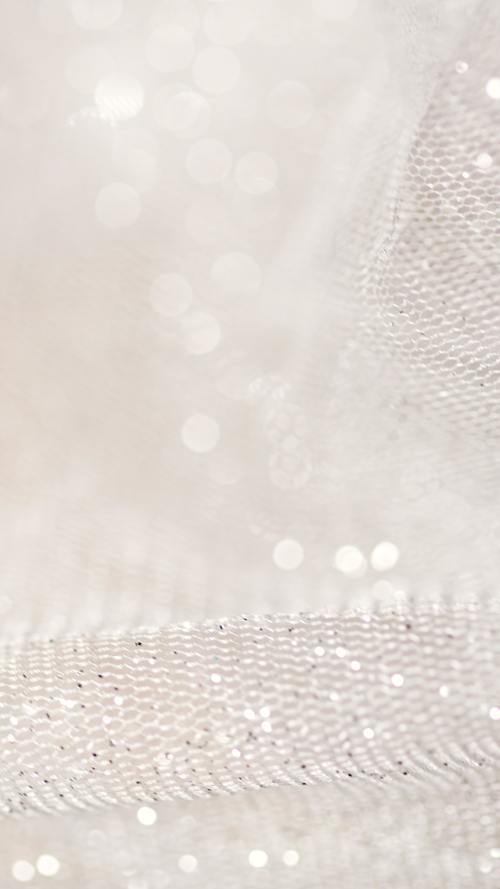Textile technology courses improve sofa cover designs. By focusing on the various technologies for textile design and production, college-level courses prepare students to enhance the production and manufacturing of all textiles. Often these programs include advanced math and science to help students to understand all aspects of developing textiles. Evolving into a complex field, textile technology includes the development of polymers or chemicals utilized in the fabric creation process. By fully equipping students with the necessary skills, textile technology courses prepare generations of students to create beautiful and innovative sofa cover designs. Let’s dive into the technology coursework and career opportunities available for sofa cover designers in the industry.

Textile technology for Ikea Ektorp sofa covers offers a wide range of career opportunities in both the public and private sector. From development to research, the emerging field includes subfields, which are wide-open for trained professionals to enjoy lucrative careers. The popular field attracts recruiters who seek in-demand candidates to produce fabrics and designs for sofa covers. Innovative professionals may develop unique ways to manufacturer textile deliverables and meet increasing demand. From engineering to design, the field offers rewarding opportunities, which is why quality coursework is crucial to preparing for a career in the field.

Textile Technology Courses
As the popularity of Ikea Ektorp sofa covers grows, colleges are awarding more degrees and certificates in the field of textile technology. Popular degrees in the field include the following:
Textile Design
Textile design coursework ramps up skills in conceptualizing and drawing Ikea Ektorp sofa covers’ designs. Requiring an eye for detail, textile design coursework includes basic information about how to bring a textile idea to fruition in a series of steps. Curriculums include design technique, illustration, drawing, and understanding the associated technologies for design and market analysis. For example, sofa design styles may include a variety of categories to attract customers of varying tastes.
Chemistry
Top universities offer degrees in textile chemistry. Coursework offers insight into the textile market’s evolution in technology, which is impacted by the composition of yarns and weaves. With an expansive scope, textile chemistry provides an opportunity to recognize the intersection between science and technology in the textile market.
Silk Technology
As a crucial textile branch, silk technology studies the engineering and production of silk textiles. As a natural protein, silk fibers come from the silkworm. Coursework covers processing, production, manufacturing, and finishing of the final textile product. A four-year degree teaches each student the fundamentals of silk technology.
Engineering
Four-year textile engineering programs usually require prerequisites, such as math, physics, and chemistry. After successfully finishing a degree program, candidates are finding employment in several disciplines, such as technology, sales, research, and quality control. Textile Technology course work is revolutionizing the industry by providing crucial information to emerging talent about how to develop and manufacture textiles, including sofa covers.






